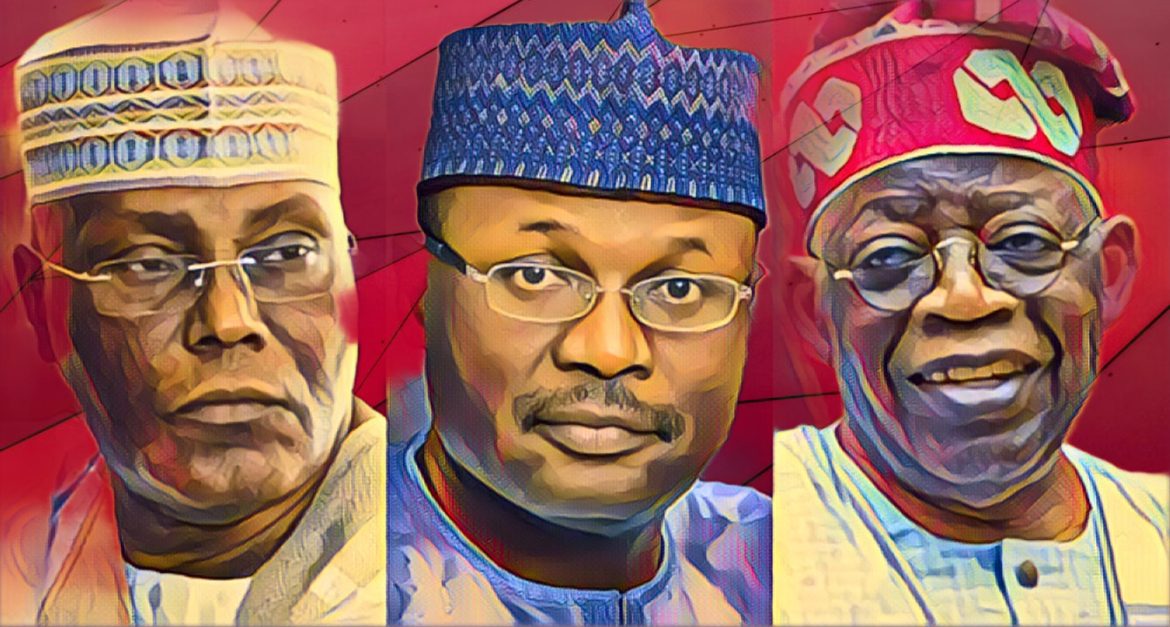A year following the 2023 general elections, the landscape of political transparency in Nigeria remains murky, with the Independent National Electoral Commission (INEC) and a significant majority of the political parties, including the dominant All Progressives Party (APC) and the Peoples Democratic Party (PDP), still silent on their election expense reports. This reticence contravenes the mandates of the Electoral Act 2022, highlighting a glaring gap in the enforcement and adherence to financial disclosure requirements within Nigeria’s political ecosystem.
Despite legal stipulations demanding the publication of financial activities related to election campaigns, only the Labour Party (LP) and the African Action Congress (AAC) have stepped forward to comply with these transparency directives. This discrepancy raises questions about the effectiveness of Nigeria’s electoral laws in ensuring accountability and the fight against the misuse of financial resources in politics.
INEC has indicated that more than two parties have submitted their funding reports, but the details of these submissions and the identities of the compliant parties remain undisclosed. This lack of transparency undermines the Electoral Act’s provision that mandates the submission of a separate audited return of election expenses within six months post-election, a rule designed to foster transparency and accountability in the funding of political activities.
The constitution further empowers INEC to monitor the organization and operation of political parties, including their finances. It mandates an annual examination and auditing of party funds and accounts, requiring the publication of these findings for public consumption. Despite these clear legal requirements, the silence from both INEC and the majority of the political parties paints a troubling picture of compliance and enforcement.
Among the political parties, the narratives of compliance diverge. The AAC’s presidential candidate, Omoyele Sowore, showcased a model of transparency by disclosing his campaign finances, detailing over N40 million in generated funds. Similarly, the LP and its presidential candidate, Peter Obi, have been open about their financial dealings, disclosing significant donations received and expenditures made, including a controversial claim by the party’s national treasurer of raising N3.5 billion, which was disputed by another party official.
Yet, this level of transparency is not mirrored across the board, with other major parties like the APC and PDP, along with several others, remaining non-compliant with the public disclosure clause. This collective silence raises concerns about the scale of spending and the sources of campaign funds in Nigerian politics, potentially breaching the legal spending limits set forth by the Electoral Act.
The law is clear about the consequences of non-compliance, outlining substantial fines for political parties that fail to submit accurate audited returns of their election expenses. However, the efficacy of these sanctions in ensuring compliance remains to be seen, as INEC’s ability to enforce these provisions and hold defaulting parties accountable is yet untested.
Comparisons with other democracies highlight a fundamental need for robust mechanisms to ensure that campaign finance does not become a conduit for illicit funds that could undermine the integrity of elections. Transparency in campaign finance is crucial for sustaining a democracy that genuinely reflects the will of the people, free from the undue influence of wealth and corruption.
As Nigeria grapples with these challenges, the call for greater accountability in political financing becomes increasingly urgent. The path to achieving this lies in the strict enforcement of existing laws and the political will of all stakeholders to embrace transparency. Without this commitment, the goal of a fair and just electoral process, untainted by financial malpractice, remains elusive, undermining the foundation of democracy itself.
Source: The Guardian


